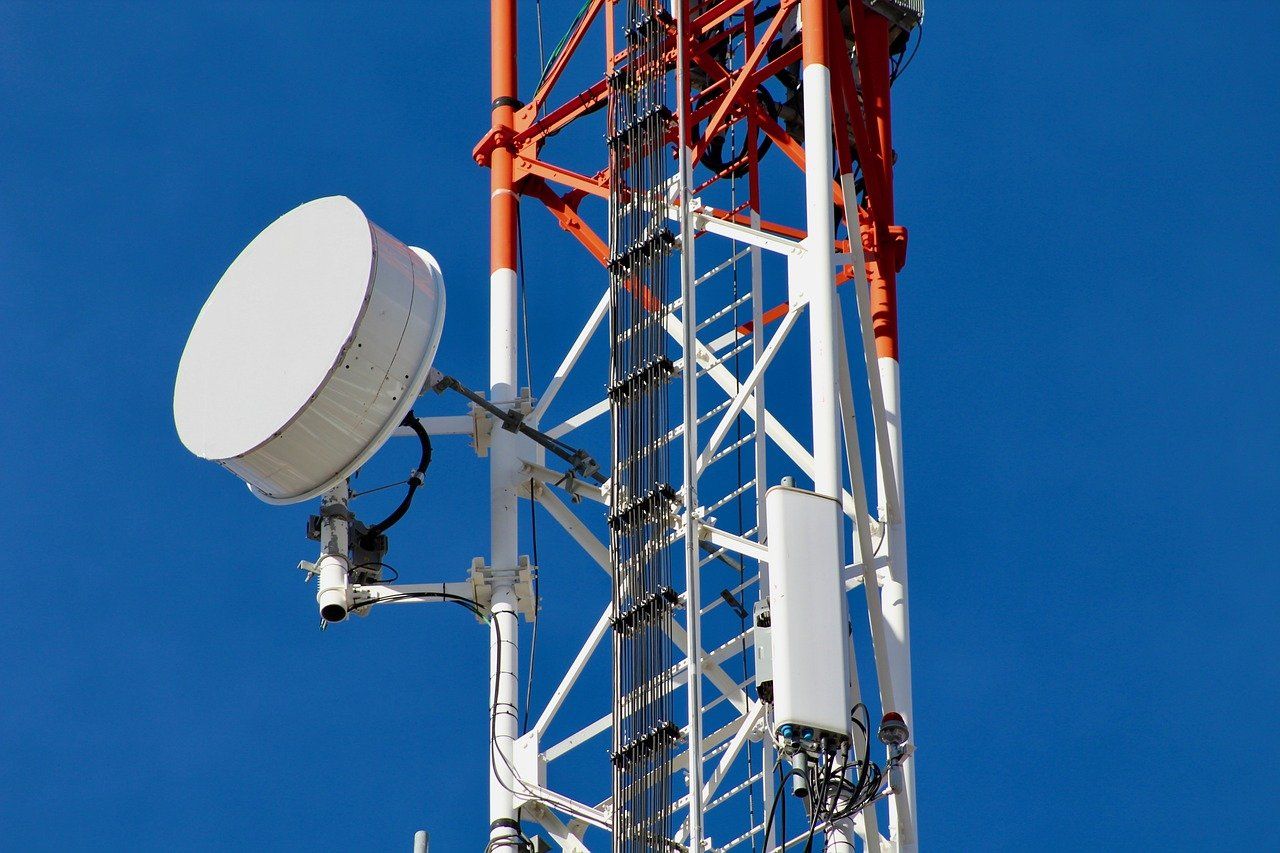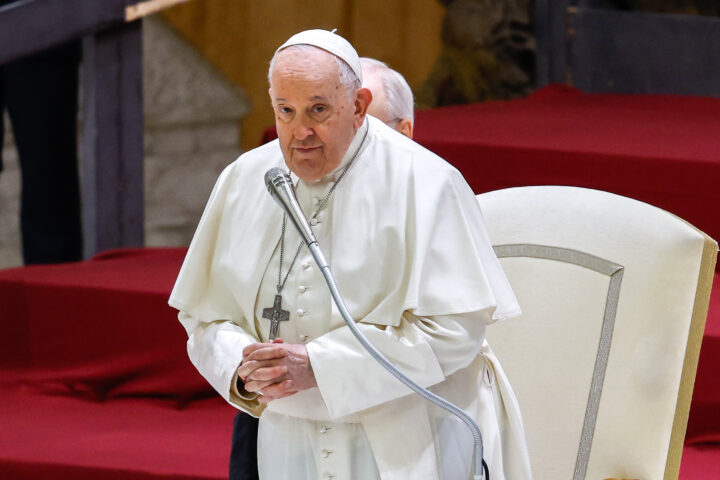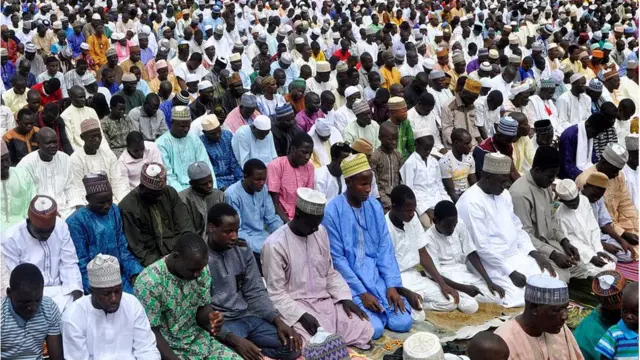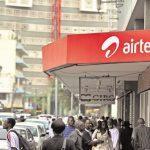The difficulty in laying fibre cable across many communities in Nigeria, which is not being allowed in several communities without extortions and ‘settlements’ has been identified as the bane of broadband penetration in Nigeria. This is even as various communities of entitled people demand gratifications before they can allow operators to install telecom towers in their localities.
Citing an example, the Chairman/Managing Director of RS Engineering Global Ltd., Engr. Spencer Itive said, “In a certain community, before we could deploy, we had to meet their demand of settling them with 200 litres of diesel”. Also speaking in the same vein, the Chief Executive Officer of Coloplus, a tower infrastructure company, Mike Ofili said, “If you don’t meet their demands, they will either not allow you to deploy or vandalise your equipment after you have left”.
Join our WhatsApp ChannelREAD ALSO: 5G Deployment To Create 22.3m Jobs, $13.2tn Economic Value By 2035
Meanwhile, the state of insecurity in the form of banditry and kidnap-for-ransom has made it a dangerous gambit deploying engineers to lay fibre optic cables in most parts of the country. To have the experts get to work would require the provision of security which does not come cheap. These are some of the reasons why rural communities in Nigeria are left with the obsolete 2G networks that merely sit on the 900 and 1800 MHz bands and is being switched off in several African countries in preference for 5G which experts project to be up to 100 times faster than 4G, with latency as low as one millisecond.
Now, it is not as if some of these challenges do not exist in urban centers that enjoy the 5G networks. Telecom companies overlook the encumbrances to proceed with infrastructural deployment due to the relative stability in the cities and a ready market that guarantees a return on investment. This explains why 90 per cent of data centers in Nigeria are concentrated in Lagos.
Prime Business Africa reports that the foregoing were revelations that emerged from the West Africa Telecoms Infrastructure Summit and Exhibition (WATISE) which was held in Lagos on Wednesday. They noted that several parts of the country outside Lagos, Abuja and Port Harcourt are still on 2G networks, and that although the Right of Way charges are quite pricey in these major cities, especially, Lagos, they are able to sustain infrastructure deployment with higher returns from the states.
Lagos Dominates With 90 Percent Data Centres
Ofili, while speaking at the summit, highlighted some challenges that made operators slow down their expansion into rural areas thus: “I can tell you that 90% of the data centres in Nigeria are in Lagos and I don’t know how you want to achieve 70% broadband penetration in Nigeria with almost all the data centres in Lagos.
“It is very difficult to lay fibre cable across many communities in Nigeria, you cannot cross any community without paying different people. You cannot build towers without going through different communities of people demanding all kinds of things. If you don’t meet their demands, they will either not allow you to deploy or vandalise your equipment after you have left.
“There are many states we cannot go to because to lay fiber in those states, you will need heavy security. In fact, we have lost many of our engineers to insecurity in the Northern while trying to deploy infrastructure.”
Ofili, however, noted that to deploy infrastructure in some communities that are considered important, the operators have to negotiate with the people and align with them.
Government Failing In Its Role
Itive, on his part, regretted that the federal government has not shown enough commitment to upholding telecom infrastructure as a critical national asset that deserves to be well protected. He pointed out that this lack of commitment from the government has led to a consistent attack on telecom infrastructure across the country.
His words, “We are yet to see the commitment of the government in protecting telecom infrastructure. And this is why every community sees the deployment as a favour to the telecom operators. In a certain community, before we could deploy, we had to meet their demand of settling them with 200 litres of diesel.”
Recently, the Nigerian Communications Commission (NCC) Executive Vice Chairman, Prof. Umar Danbatta, disclosed that 5G services are available in different locations in 12 states of the Federation with over 60,000 subscriptions so far. The Commission estimates that the 5G network has the potential to generate an additional $140 billion to the country’s economy within the next decade. It remains to be seen how this is feasible given the daunting challenges faced in the country by telecom operators.















![Trump, Zelenskyy Discuss Peace Plans During Pope Francis’ Funeral In Rome [VIDEO]](https://www.primebusiness.africa/wp-content/uploads/2025/04/Trump-and-Zelenksy-meet-at-Pope-Francis-Burial-150x150.jpeg)



Follow Us